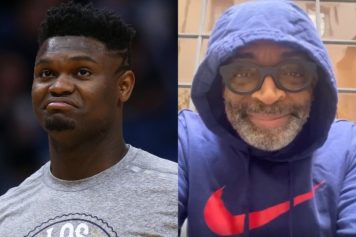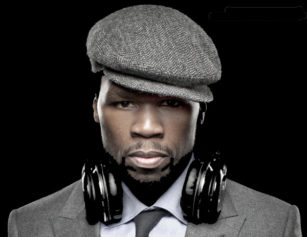
Ray Allen, left, was appointed to the U.S. Holocaust Memorial Museum’s governing board by former president Barack Obama. (U.S. Holocaust Memorial Museum)
Two-time NBA champion Ray Allen believes there aren’t many differences between the lessons the Jewish Holocaust and chattel slavery can teach.
Allen was sworn in on the U.S. Holocaust Memorial Museum’s Council board Thursday, April 27, after regularly visiting the Washington D.C. site since 1993. The retired NBA player of said his appointment in a statement, “I am proud to serve in this role and to continue to share the important messages and lessons we all need to remember from the Holocaust.” He added, “I want to inspire people to break down stereotypes, and treat one another — regardless of race, religion or anything else — like family. It’s more important now than ever.”
Allen became interested in the Holocaust while attending the University of Connecticut and has since encouraged anyone he comes into contact with to visit the museum.
“This is a place that everybody should go to,” he told The Undefeated. “It’s just like one of those things that every kid should go to, every person that [if] you’re in D.C., you should come through this museum. And now, since then, the African-American museum has been built, and I believe the same thing about that museum. Both can teach the same lessons.”
Allen, who played with the Milwaukee Bucks, Seattle SuperSonics, Boston Celtics (2008 title) and Miami Heat (2013 title) before retiring in 2016, acknowledged many people ask him about the importance of learning about slavery, too.
“I said, ‘This is slavery. This is slavery. There’s so many different acts of genocide and oppression in the history of the world.’ And I said, ‘The Holocaust is a lesson that we all need to learn so it doesn’t happen again.’ So, I took, from that day forward — every year, whatever team I played on — I would bring them to this museum.”
Allen, a 10-time NBA All-Star, discussed visiting the Lorraine Motel, which is part of the National Civil Rights Museum in Memphis, and the site of Dr. Martin Luther King Jr.’s 1968 assassination.
“This motel is so symbolic for a lot of my life,” he said. “So, the oppression, the racism, the bigotry, what went on during the civil rights movement was everything similar to what happened during the Holocaust, you know, starting back in the ’30s and the ’40s. Between the Jewish people and Black people, we’ve been heavily oppressed.”
The 41-year-old former basketball star also hopes to see Black people tell their own history, which still affects the community.
“One thing that I would love to see, and you start to see it now, more with the building of the African-American museum, is the Black culture coming together so we can tell our story,” Allen said. “For many years, it was almost like our country wouldn’t accept the bad things it did to Black people. The oppression, the racism, just all the negative issues that we’ve dealt with as people, we’re still recovering.
“So, I think between both museums, there’re opportunities for all of us to learn that each one of us were equal, and you can’t create somebody less than a human. And it’s here in D.C.; they’re examples for every child.”


